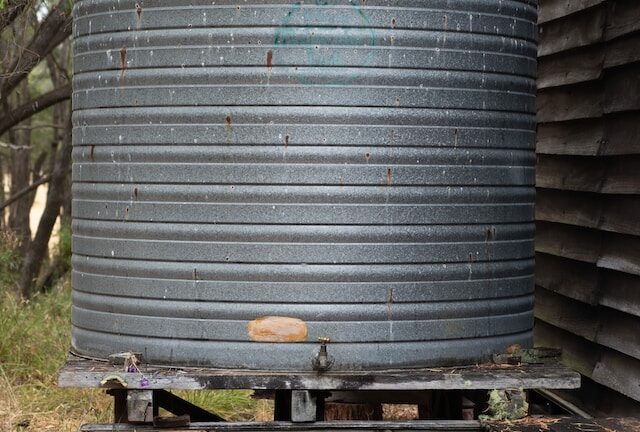Septic tanks are essential underground tools that help to dispose of and even treat wastewater in your home. When they become clogged, however, it may result in raw sewage backing up into your drains and toilets.
Clogging signs include slow draining, standing water around the septic tank, foul odors, and water or sewage backup. Fortunately, there are many things that you can do to prevent septic tank clogs.
Reduce Water Bills
Keeping your septic tank pumped out reduces the chances of wastewater returning to your home. This is an aesthetic and health issue since sewage is full of dangerous bacteria that can cause severe damage to wood, tile, and linoleum.
Moreover, getting your septic system inspected and pumped as needed is essential because a small tank can fill up faster than you think. This may result in a more frequent need for pumping services, costing you more money than necessary.
A septic tank is a watertight container buried underground in your yard with an inlet pipe for waste and an outlet pipe to allow liquids to flow into a drain field. This drain field is a piping network that extends into your lawn, absorbing and filtering the remaining wastewater into the soil.
As the soil absorbs the septic tank sludge, it breaks down into methane and other organic compounds naturally broken down by microbes in the ground. In the past, septage has been used to fertilize crops. Now, some companies are experimenting with using it to generate electricity. If septage escapes and reaches nearby lakes or ponds, it can cause algal blooms that are toxic to wildlife and humans.
Protect Your Family’s Health
A septic tank system full of sewage waste is an awful sight. It’s also a health hazard that can cause backups in toilets and sinks and create pools of wastewater in the yard. Thankfully, plumbing and septic experts know how to handle sewage waste. They’ll use more extensive machinery to drain your septic tank quickly and thoroughly.
The septic tank’s purpose is to collect and hold human feces and other waste from the home’s drain lines until it can be naturally processed by the bacteria in the tank and drain field. This is how the septic system ensures that the wastewater doesn’t contaminate the home’s plumbing, water supply, or environment.
Unfortunately, people often ignore the septic system, and it can begin to malfunction and overflow. Regularly scheduled septic tank cleaning services is the best way to prevent this. These septic tank draining services Orlando FL can also teach you how to care for your septic tank and drain field.
For example, they can tell you which types of food and other products to avoid flushing down the drains to help keep them clear of clogging issues. They can also suggest landscaping options for your drain field area to ensure the system is adequately protected and not flooded. Keeping up with these maintenance services can also be beneficial when you sell your home. Prospective buyers may request proof that your septic tank has been regularly maintained and inspected.
Prevent Damage to Your Home
Homeowners can avoid expensive sewage leaks and system failure by having their septic tanks pumped regularly, avoiding non-septic-safe items that are flushed down the drain lines (like coffee grounds, bones, cigarette butts, paper towels, facial tissues, disposable diapers, pet poop, chemical drain openers, and paint, varnishes, and solvents) and practicing water conservation. Some signs of trouble include slow drains, water backup, or standing water in the absorption field.
Emptying your tank every three to five years can also help prevent problems. Ensure your septic tank is appropriately sized to retain the household sewage it will collect in 24 hours. Consult a local county health department sanitarian or the Department of Health to learn about the proper tank size for your home and soil conditions.
Protect your septic tank and drain field by planting only grass, low-growing flowers, or shrubs on or near your property. Divert down spouts and stormwater away from the tank, and don’t build driveways or other structures over the drain field. Try to stagger your showers and laundry so you’re not using too much water at once. Water conservation will also prolong the life of your septic system.




